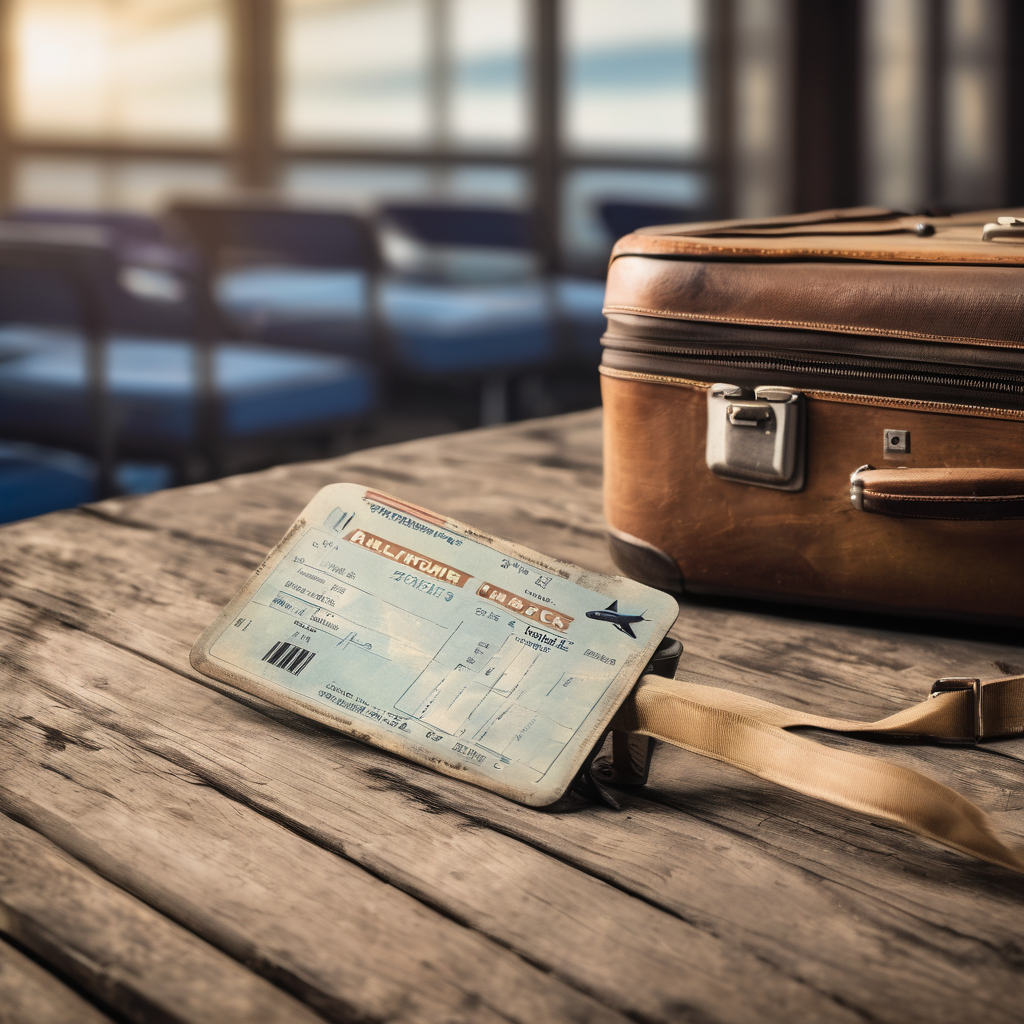LONDON— Delta Air Lines is firmly sticking to its long-standing policy that requires passengers to present the original credit card used for booking during check-in, a rule that has caused complications for numerous travelers, particularly abroad. The policy, implemented as a fraud prevention measure in the 1990s, has recently gained attention after several passengers experienced being denied boarding at London Heathrow Airport (LHR).
Delta justifies this policy as a safeguard against credit card fraud, stating that passengers may need to show both the original payment card and a matching photo ID based on their billing address or the country of departure. Unfortunately, when travelers are unable to produce the same credit card used for their ticket purchase, Delta’s check-in systems prevent them from checking in. Some travelers have reported being left with no choice but to purchase new tickets, costing them up to $6,000, or to cancel their trips altogether.
Many passengers assert that they were not made aware of this requirement during the booking process, leading to frustration upon arrival at the airport. One traveler attempting to check in for a flight from London to Seattle (SEA) recounted how Delta agents steadfastly refused to allow them to board without the original card, while they awaited assistance from a neighbor back in Seattle, who was able to photograph the card so that it could be accepted.
This policy, reminiscent of the late 1990s when in-person verification of credit card purchases was standard, has become increasingly out of step with modern payment methods. Travel experts observe that the insistence on this rule particularly disadvantages passengers flying out of airports outside the United States. Individuals booking tickets for friends or family members can face additional hurdles, as the ticket holder may not even have access to the card used.
For travelers departing from the UK or the EU, consumer protection laws such as UK261 and EU261 stipulate that airlines must provide compensation when denied boarding is not justified through proper documentation or safety concerns. Legal experts assert that a payment card does not qualify as a travel document, which means Delta’s strict adherence to this rule could lead to claims for compensation ranging from £260 to £520 per passenger.
Delta has not yet clarified whether compensation is available to affected travelers, although many reports suggest that the airline is reluctant to issue refunds or alternative travel solutions in such scenarios.
As Delta continues to navigate the complexities of air travel regulations in 2025, its insistence on upholding a 1990s-era credit card verification protocol remains a source of frustration for international travelers and invites broader criticism regarding its relevance in today’s digital age. Industry observers suggest that as secure transaction technologies advance, Delta’s policy seems increasingly outdated.
For travelers booking Delta flights from international locations, it is advisable to carry the original payment card to prevent the risk of denied boarding. Additionally, those booking on behalf of others may want to consider using a travel agency to sidestep this hassle.
